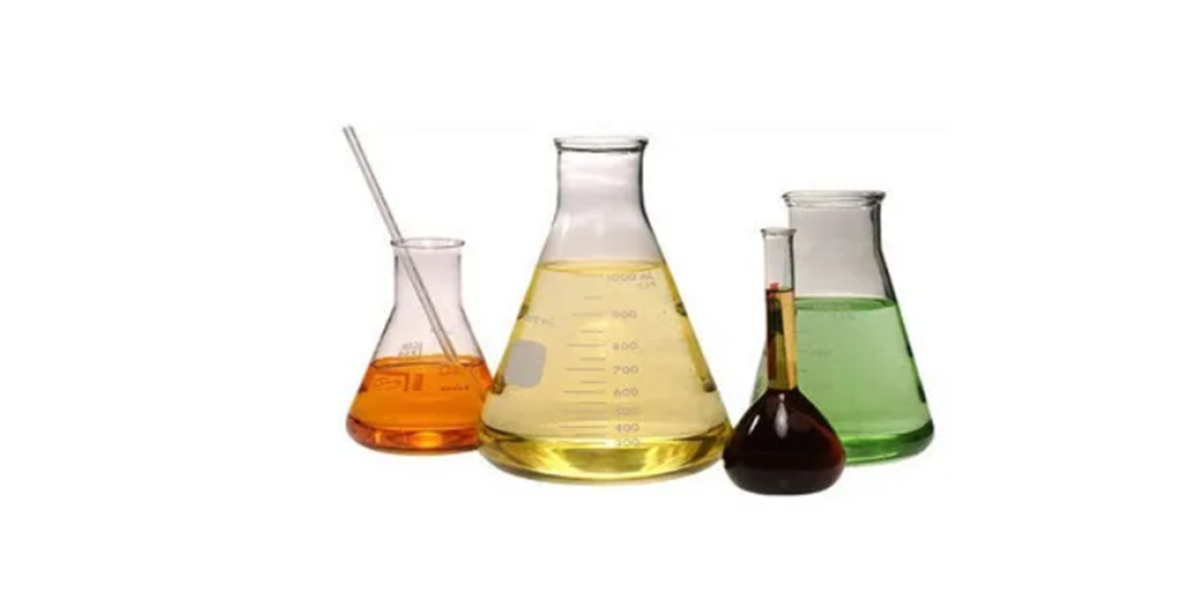Hereunder is AskHalal’s current policy on alcohol in consumer product.
Non Khamr Alcohol (whether from distillation or fermentation) does not follow the same ruling according to hanafiya. This means that in smaller quantities like solvents and emulsifiers etc, they will not render the other items najis, and will not affect the hillah of the item. [ Khamr alcohol is that which is made from dates or grapes while Non-Khamr Alcohol is from non-grapes and non-date sources, such as corn, wheat, sugars]
General usage of such alcohol for consumption is restricted by conditions:
Those alcohols derived from non date and grape sources are permissible for consumption provided that:
1. It is not used for intoxication.
2. It is not used in vain for futility.
3. It is not used to such a level which intoxicates.
https://fatwa.ca/ethyl-alcohol-in-french-vanilla-and-doughnuts-at-tim-hortons-and-other-coffee-shops/
In my time searching in these areas, I have yet to come across industrial processes where they actively adopt fermenting of raisins/grapes or dates to make alcohol for industrial usage. I came across study of using discarded low grade raisins to be used as ethanol with car fuel.
In cosmetic and skin care, I have not been able to come across explicitness in industrial usage of such raisin alcohol. Although I myself have been working under the hypothesis that such raisin discards would be used in cosmetics. But thus far, I have only found some studies suggesting possible ways of fermentations which may reduce the costs involved.
In Canada, Govt. of Canada websites on natural resources have mentioned that primary production in Canada is through corn and wheat. So unless we have indication of such industrial usage being from raisins/grapes, the default position is that it will be non-khamr. [On a side note, I have also reviewed the same industrial practice for United States as well as Australia. However, I have not manually searched other markets]
One last concern on alcohol in ingredients is that when we correspond with the company, they can at most mention whether their alcohol is of natural source or synthetic (petroleum). Beyond this, they are not able to mention a lot. if we were to adopt the position of assumption of all alcohol being from raisins, it will impose such an undue haraj (difficulty) which will make very few products alcohol-free. Because remember that companies take alcohol-solvents from third party, and do not have to disclose the source of that by law.
In light of all of above, the default source for alcohol will be assumed to be the current industrial practice which is either synthetic, or corn/wheat. Such non-khamr alcohol is acceptable in the minute quantities such as that in solvents (not active ingredient).
This will be our stance, unless so new information is brought to our knowledge from the industry.
Wallahu A’lam
Mufti Faisal al-Mahmudi

